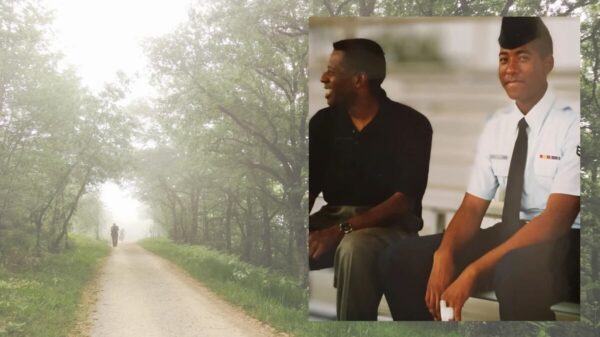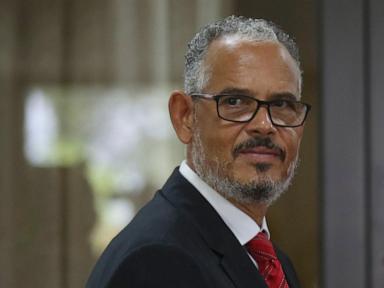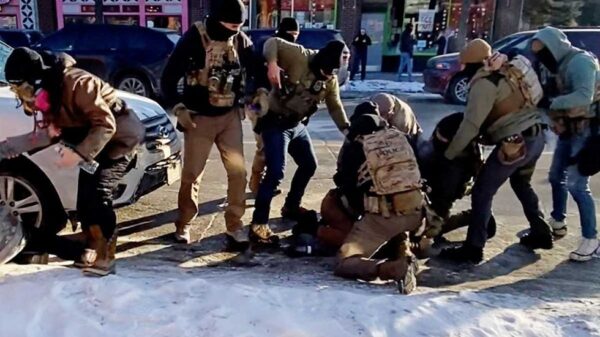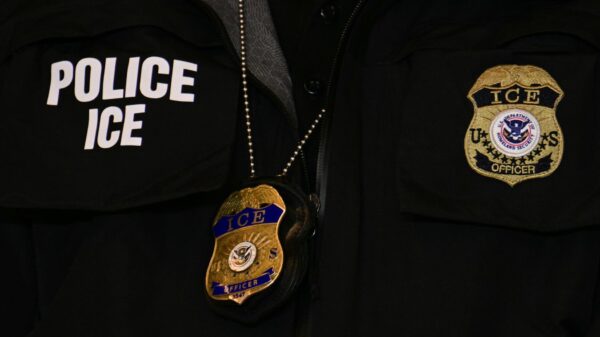Federal prosecutors in Washington, D.C., have decided not to pursue a felony indictment against Sean Charles Dunn, who was captured on video throwing a sandwich at a Customs and Border Protection (CBP) agent. The incident occurred shortly after Donald Trump ordered federal agents to increase their presence in the capital on August 11, 2023. The decision not to indict is significant, given that it is uncommon for grand juries to refuse an indictment.
Dunn was arrested and initially charged with assault after the incident drew widespread attention online. According to a police affidavit, Dunn approached a group of CBP agents, verbally confronted one, and referred to him as a “fascist” before throwing the sandwich. Witnesses recorded the altercation, which contributed to its viral status. Following the incident, Dunn lost his job at the Justice Department, where he worked as an international affairs specialist in the criminal division.
The grand jury’s refusal to issue an indictment reflects a notable shift in the legal landscape. Traditionally, it has been said that prosecutors can convince a grand jury to “indict a ham sandwich,” indicating that such refusals are rare. The grand jury’s decision occurred during secret proceedings, and prosecutors have the option to present the case again if they believe they have sufficient evidence.
In the aftermath of Dunn’s arrest, he was briefly released before federal agents apprehended him again. A video of his arrest was shared by an official White House account on social media. An attorney representing Dunn has chosen not to comment on the situation.
Legal Implications of Recent Arrests
Dunn’s case is part of a broader trend regarding the federal government’s approach to law enforcement in Washington, particularly following Trump’s directive for increased federal presence. This has resulted in over 1,000 arrests in the capital since the initiative began. Critics, including defense lawyers and some judges, have expressed concerns about the appropriateness of federal charges for offenses that are typically managed by local authorities.
One magistrate judge recently criticized the handling of an unrelated case involving a man who was jailed for a week before prosecutors dropped the charges, calling it “the most illegal search I have ever seen in my life.” Such statements reflect growing unease about the federal government’s methods in arresting and prosecuting individuals for minor offenses.
In another case, three grand juries declined to indict a woman accused of assaulting an FBI agent outside a D.C. jail in July. The woman had been recording the transfer of inmates to the custody of Immigration and Customs Enforcement. Following the grand juries’ decisions, U.S. Attorney Jeanine Pirro’s office is now pursuing a misdemeanor assault charge against Sydney Lori Reid instead.
The decision not to indict Dunn raises questions about the effectiveness of current federal law enforcement strategies and their long-term implications for civil liberties. As the situation continues to develop, it remains to be seen how similar cases will be handled in the future.








































































